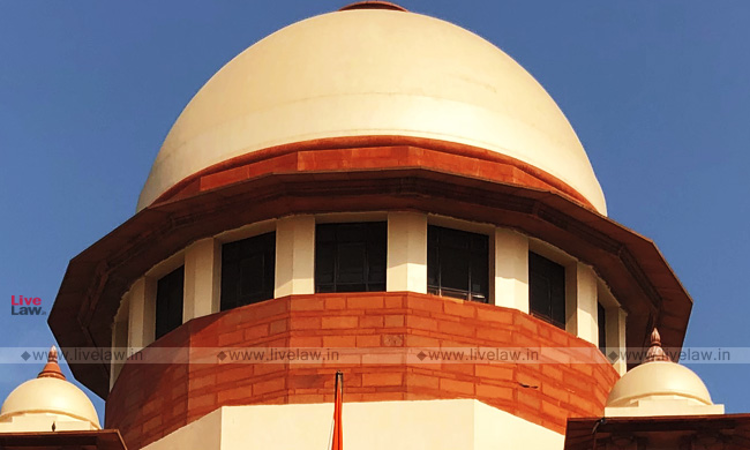The Supreme Court has observed that there is no embargo on it to transfer an investigation to the CBI after submission of the charge-sheet.The bench comprising Justice DY Chandrachud, Indu Malhotra and Indira Banerjee observed thus while cancelling anticipatory bail granted to in-laws of a deceased woman in a dowry death case and also directing the Central Bureau of Investigation to...

